contents
Six Design Maestros
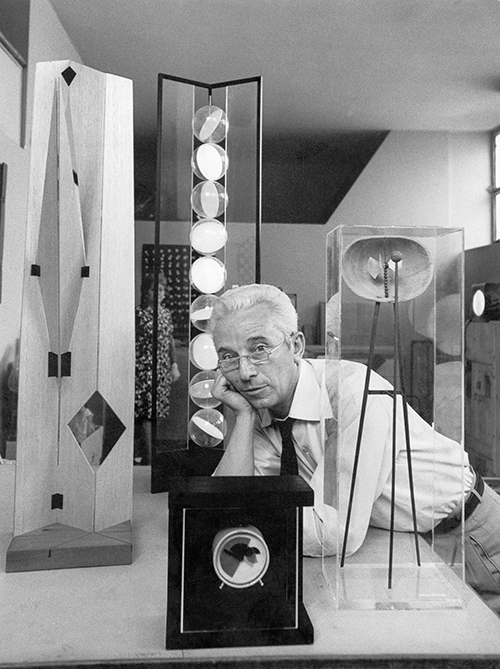
Bruno Munari (1907–1998)
Born Milan, Italy, 1907. Leading and highly influential 20th century Italian artist and designer. Extensive talent embracing painting, sculpture, graphic design, industrial design, photography and education. In early 20th century, participated in Italian Futurism, and in 1930s created pioneering kinetic art piece Useless Machines. Carried out unique creative activities full of irony and humor across many disciplines. From 1970s devoted himself to worldwide educational workshops fostering childhood creativity. His picture books such as le Macchine di Munari (Munari's machines) and writings on design projects, remain widely read in many languages. In close collaboration with Danese (established, 1957), produced many educational toys and products.
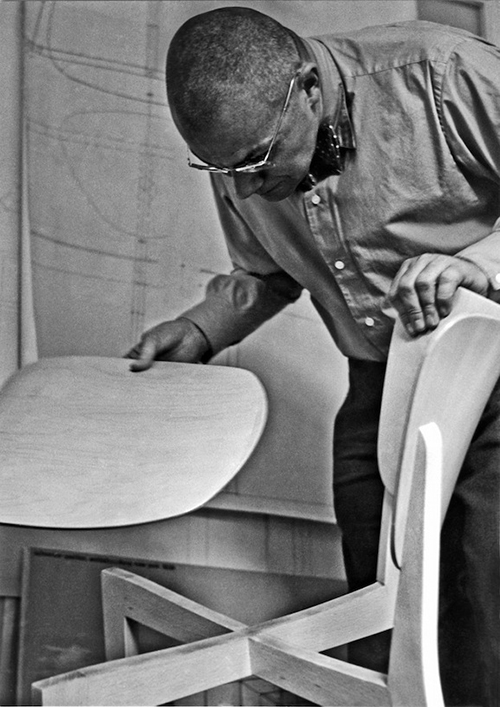
Max Bill (1908–1994)
Born Winterthur, Switzerland, 1908. Studied silversmith at the Arts and Crafts School of Zurich City, 1924-1927, then entered Bauhaus. Talented in diverse fields as architect, artist, Grafiker (graphic artist), Gestalter (designer) and writer. Led Concrete Art movement pursuing art based on the way of mathematical thinking. He founded and was the architect of the Ulm School of Design with Inge Aicher-Scholl and Otl Aicher, and was appointed its first Rector in 1953. His philosophy of environmental design had great influence. The Ulm stool / Ulmer Hocker and Junghans watch express his concept of "commodity as cultural asset" and these masterpieces are still in production. Received the Praemium Imperiale in Honour of Prince Takamatsu, 1993, Sculpture category.
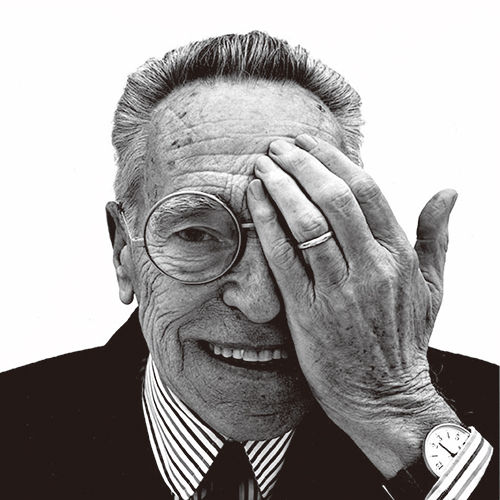
Achille Castiglioni (1918–2002)
Born Milan, Italy, 1918. Architect and designer. Graduated in Architecture, Polytechnic University of Milan, 1944. Started producing industrial designs with his brothers Livio and Pier Giacomo, c. 1940. The brothers operated a design studio from 1945, leading to many projects and creating masterpiece lighting appliances, including "Taccia" and "Arco." Worked solo upon death of Pier Giacomo, 1968. Taught at University of Turin and Polytechnic University of Milan. Involved in establishment of ADI (Associazione per il Disegno Industriale), 1956.
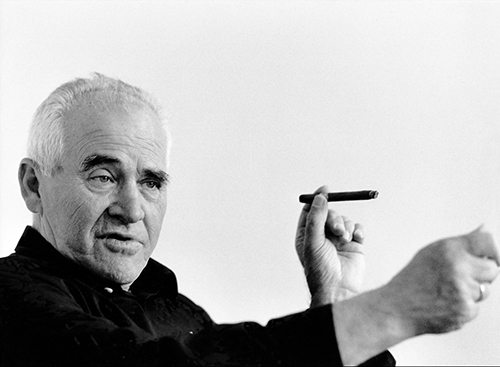
Otl Aicher (1922–1991)
Born Ulm, Germany, 1922. A leading German graphic designer of 20th century with great influence on many followers in visual communication and typography. Established Ulm School of Design in 1953 with Inge Aicher-Scholl and Max Bill, providing hopeful education for Post-war Europe. Design Commissioner of 1972 Munich Olympics, creating visual identity for the games, which attracted great international acclaim for his pictogram designs. Pioneer of corporate identity design, including for Lufthansa. Among his best known works are pictorial signs for town of Isny im Allgäu, south Germany, developed in a project characterized by search and research, and Rotis, a font family.
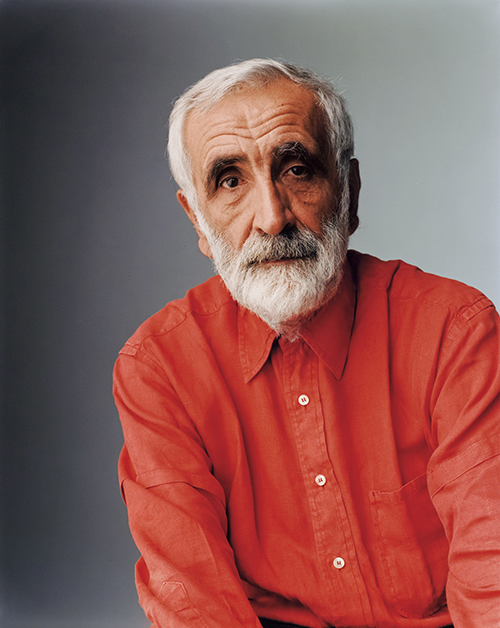
Enzo Mari (1932–2020)
Born Novara, Italy, 1932. Artist and Designer. Enrolled Brera Academy, Milan, creating visual art pieces. Late 1950s, introduced to design brand Danese by Bruno Munari, and started collaborative career with them. Undertook numerous product and furniture designs, producing functional forms of excellent quality. Noted public speaker passionately advocating consideration about what lies behind form. Demonstrated his philosophy and ethics with mass-produced items and industrial designs. Publications include design treatise Progetto e Passione (Project and passion). In later years, collaborated with Japanese companies such as Ryohin-keikaku, MaruTomi lacquer and Hida Sangyo.
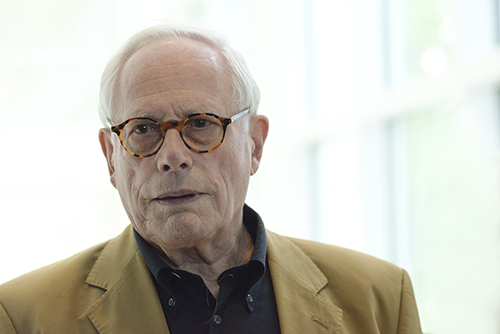
Dieter Rams (1932–)
Born Wiesbaden, Germany, 1932. Leading German industrial designer. Studied architecture, joined Braun, 1955, heading its design department for many years. Produced simple and functional designs including masterpiece Braun ET 66 calculator and SK 4 radio-phono combination. Under design philosophy in his publication "Less, but better," he advocated his "Ten Principles of Good Design." It still has great impact on product design. Received the World Design Award by the World Design Organization (WDO) in September 2025.

